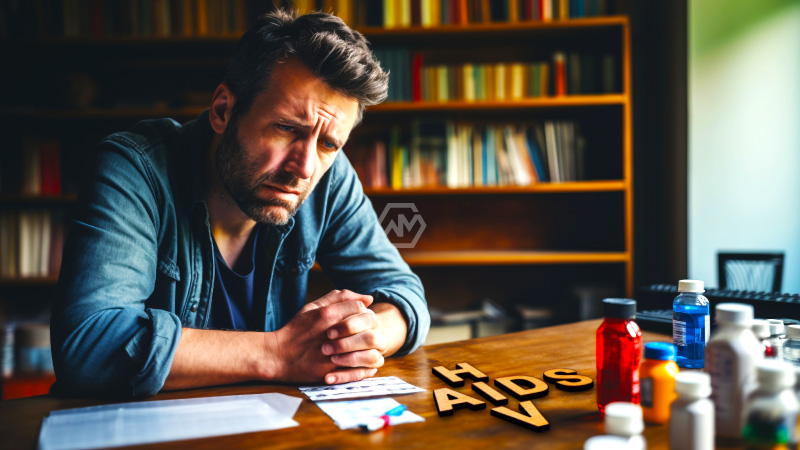- One of the objectives is a medication, bedaquiline, that is utilized for treating individuals with drug-safe renditions of tuberculosis.
- Bedaquiline was not carried out as a standard treatment in South Africa until 2018.
- This tends to any misinterpretation that admittance to our meds is restricted, the organization said.
South Africa, Colombia, and different nations that missed out in the worldwide race for COVID-19 immunizations are adopting a more contentious strategy towards drugmakers and pushing back on approaches that keep modest treatment to millions from getting individuals with tuberculosis and HIV.
Specialists see it as a change in how such nations manage drug behemoths and say it could set off additional endeavors to make lifesaving prescriptions all the more broadly accessible.
Fight for TB and HIV Drugs
During the Coronavirus pandemic, rich nations purchased the majority of the world‘s immunizations early, leaving not many shots for unfortunate nations and making a uniqueness the World Wellbeing Association called a devastating moral disappointment.
Presently, less fortunate nations are attempting to turn out to be more confident because they’ve understood after the Coronavirus they can’t depend on any other person, said Stream Pastry specialist, who concentrates on treatment-access issues at Northeastern College.
The pills are particularly significant for South Africa, where TB killed more than 50,000 individuals in 2021, making it the nation’s driving reason for death.
Lately, activists have fought endeavors by Johnson and Johnson to safeguard its patent on the medication. In the Spring, TB patients appealed to the Indian government, calling for less expensive generics; the public authority eventually concurred that JandJ’s patent could be broken. Belarus and Ukraine then, at that point, kept in touch with JandJ, additionally requesting that it drop its licenses, however with little reaction.
In July, JandJ’s patent on the medication terminated in South Africa, however, the organization had it stretched out until 2027, irritating activists who blamed it for exploitation.
The South African government then, at that point, started exploring the organization’s estimating strategies. It had been paying around 5,400 rand (USD 282) per treatment course, over two times however many unfortunate nations got the medication through a worldwide exertion called the Stop TB organization.
In September, about seven days after South Africa’s test started, JandJ declared that it would drop its patent over 130 nations, permitting conventional creators to duplicate the medication.
Zolelwa Sifumba, a South African specialist, was determined to have drug-safe TB in 2012 when she was a clinical understudy and persevered through a year and a half of treatment taking around 20 pills consistently notwithstanding every day infusions, which left her in enormous torment and brought about some consultation misfortune.



